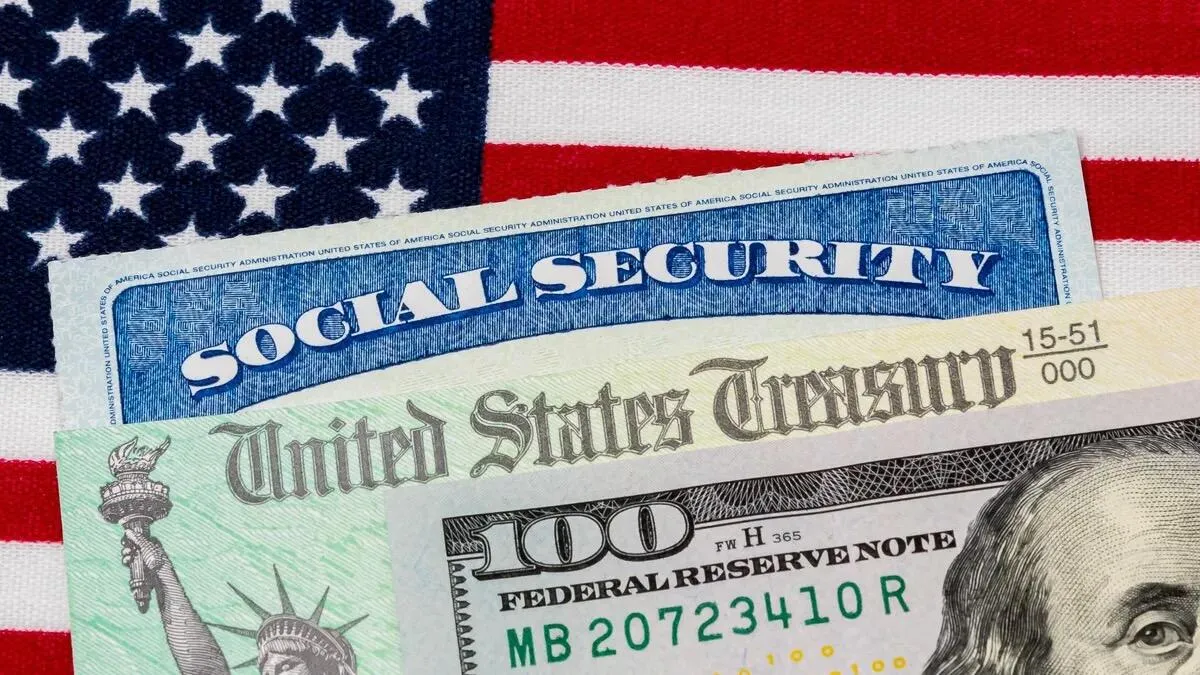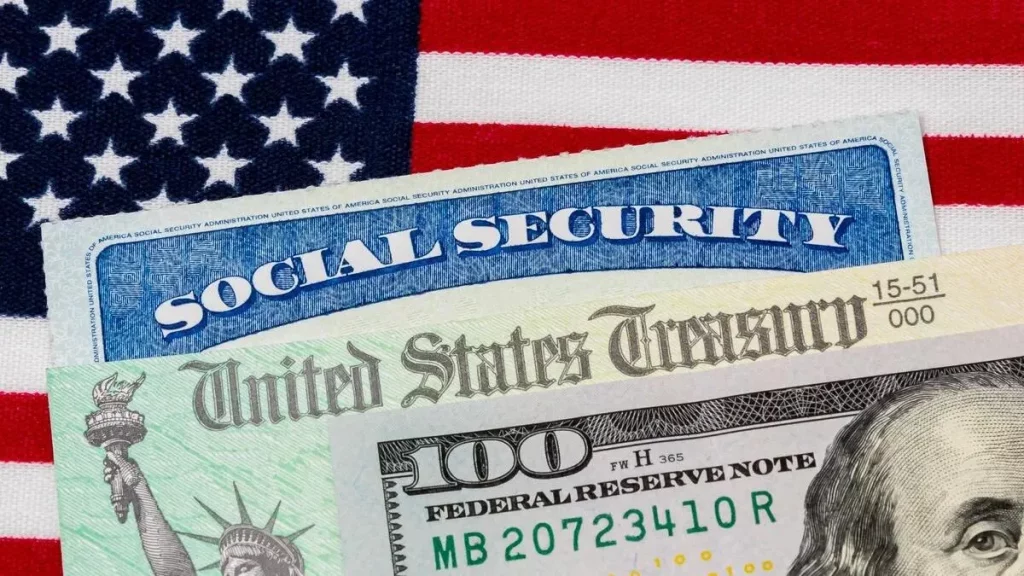If you’re one of the nearly half a million Americans still receiving Social Security checks in your mailbox, you could be in for a rude surprise this fall. Starting September 30, 2025, the Social Security Administration (SSA) will no longer send paper checks. That means if you don’t switch to direct deposit or a prepaid debit card soon, you could face serious delays in receiving your benefits — or even miss a payment entirely.
This isn’t a drill — and it’s not new either. The government has been slowly moving toward an all-electronic payment system for years, but now it’s final. Whether you’re receiving retirement benefits, SSDI, or SSI, the deadline to make the switch is officially here. For those who wait too long, the consequences could be costly and stressful.
Why Is the Government Ending Paper Checks?
The end of paper checks isn’t about cutting off benefits — it’s about modernization, safety, and savings. Back in 2010, the U.S. Treasury began phasing out mailed checks for federal benefits in favor of direct deposit or prepaid debit cards. But hundreds of thousands of people were allowed to keep receiving checks due to age, location, or hardship exemptions.
Now, more than a decade later, the SSA and Treasury Department are officially closing the door on paper checks. They argue that paper checks are more vulnerable to theft, slower to deliver, and far more expensive to process. In fact, switching to electronic payments is expected to save taxpayers over $650 million annually.
Who’s at Risk?
Roughly 485,000 Americans still receive their monthly benefits by check. Most are older adults, individuals living in remote or rural communities, or people without a bank account. Others might have held on to paper checks simply out of habit or concerns about online banking.
Unfortunately, those same groups are the most at risk of facing delayed or missed payments if they don’t take action before the September deadline. Once paper checks are gone, there will be no grace period, and SSA will only issue payments through approved electronic methods.

How to Switch — And What Your Options Are
The good news is that switching is quick and easy, and you have more than one option.
-
Direct Deposit: This is the fastest and most secure way to get your money. You’ll need a bank or credit union account to set this up. Visit ssa.gov, log into your mySocialSecurity account, or call 1‑800‑772‑1213 to get started.
-
Direct Express® Debit Card: If you don’t have a bank account, the government offers this prepaid debit card, which is reloaded each month with your benefits. You can use it at ATMs, stores, or to pay bills online.
-
Waiver Requests: If you have a legitimate hardship — such as a disability that prevents you from using electronic payments — you can request a waiver from the U.S. Treasury. But these are granted only in rare cases, so don’t count on it unless you truly qualify.
The SSA is encouraging recipients to make the switch well before the deadline to avoid last-minute processing issues. They’ll be sending reminder letters to those still receiving paper checks, but don’t wait for the notice — act now to protect your benefits.
What Happens If You Miss the Deadline?
If you do nothing, your Social Security payment could be delayed — possibly by weeks — or placed on hold until you update your payment method. And since there will be no more mailed checks, there’s no alternative route to fall back on.
For people living on fixed incomes, even a small delay could mean late rent, missed utility bills, or skipping meals. That’s why advocacy groups are urging people to act fast, especially seniors, those in isolated areas, or anyone unfamiliar with digital tools.
If you’re helping a parent, grandparent, or neighbor with their finances, make sure they know about this upcoming change. You can even help them set up their account online or contact the SSA for them if they need assistance.



